Ayurvedic herbs, an important constituent of Ayurvedic medicine, have the power to cure a wide variety of ailments.
Ancient scientific healing methods have always been a light in the dark. We may see how fortunate we are to have had the knowledge of Ayurveda passed down through the generations by taking a look at the ancient history of India.
Ayurveda teaches us how to adjust our lifestyles so that we can live a healthy existence. We learn that food can be most effective in maintains health if it is prepared with a combination of ingredients advocated by ayurveda.
Ayurveda, a science related to yoga, holds that attaining optimum health necessitates striking a delicate balance between the mind, body, and spirit. In actuality, our health reflects our surroundings, our choices as individuals, and what we eat.
The five elements of air, ether (space), fire, water, and earth are said to make up all matter in Ayurveda. We have these elements inside of us too.
These five components make up the Vata, Pitta, and Kapha Ayurvedic Doshas. Ether and air make up Vata, fire and water make up Pitta, and earth and water make up Kapha.
The Doshas are biological energies that permeate the entire body and psyche of a person. They manifest themselves in every aspect of who we are, from the way we eat and digest to the way we sleep.
Each Dosha is in charge of a particular bodily function, such as acne, bloating, or even sadness, etc.
Why Is It Important To Know About Your Particular Dosha?

Every human being has a specific measure of each dosha at birth, but it fluctuates over the course of life depending on weather, food, level of stress, exercising habits, mental condition, and a variety of other things.
Your health will be vibrant if the ratio of doshas in your current state is similar to your natal constitution. However, a divergence between these states denotes an unbalanced state.
A list of Ayurvedic herbs will come in handy to take care of ourselves without overusing drugs that harm our health and in order to balance our Doshas.
For your convenience, we have included the same information here.
Recommended Story – Top Ayurvedic Indian Beauty Brands in India
20 Most Important Ayurvedic Herbs And Their Benefits:
1. Ashwagandha

For thousands of years, Ashwagandha (Withania somnifera) has been utilised as a rasayana in Ayurveda (rejuvenative).
It is a well-known adaptogenic herb, which means that it helps the body adapt to its demands in order to resist physiological and psychological stress.
Ashwagandha is an excellent herb to support overall health and well-being because it is incredibly supportive of many tissues and bodily systems, including the immune system, the reproductive system, a healthy thyroid, and much more.
2. Bhringaraj
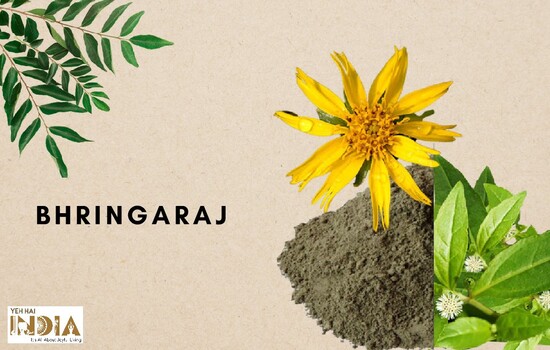
One of the Ayurvedic pharmacopoeia’s most effective herbs for promoting hair growth, gloss, and lustre is Bhringaraj (Eclipta prostrata), often spelled Bringraj.
Although this plant is well known for its potent influence on hair, its benefits go far beyond a head of lush locks.
It helps the liver, circulation, and even good skin while also providing the mind and mental system with its cooling, rejuvenating properties.
3. Hibiscus
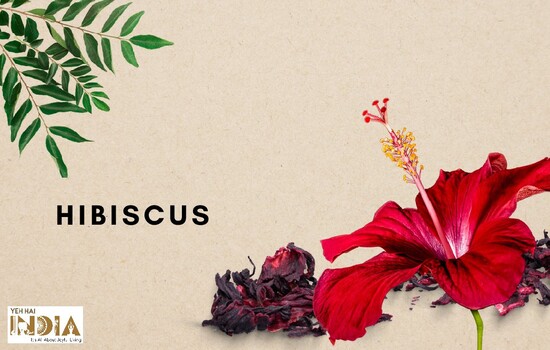
Hibiscus sabdariffa, sometimes known as the hibiscus plant, is perhaps most recognised for its vivid, exquisite blossoms, which instantly take the mind to a warm, tropical paradise.
These strong, delicate blooms have long been prized for their decorative splendour and employed in devout rituals, but they have much more to offer.
The hibiscus flower is a priceless and potent herbal ally because it also emits a calming, cleansing, and healing energy.
4. Neem
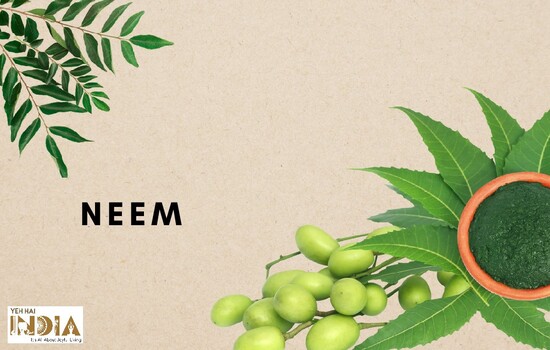
A useful and helpful plant, neem (Azadirachta indica) has been praised for millennia. Neem has been used for at least 4,500 years, when this extraordinary tree was already well-known in ancient India and neighbouring nations.
A lot of people are discovering about neem’s wonderful advantages and the many ways it may be utilized to assist the body, mind, and spirit, its popularity is growing today.
5. Triphala
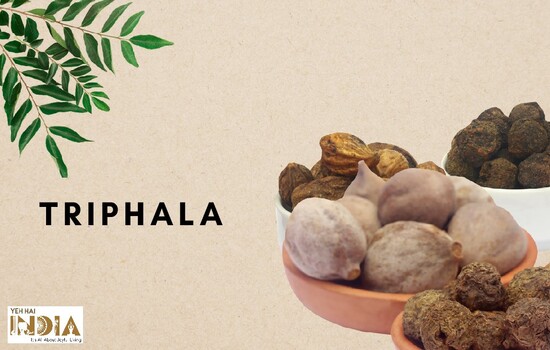
Triphala, which is an ancient Ayurvedic herbal compound that translates to mean “three fruits,” is made up of the three Indian subcontinental fruits amalaki (Emblica officinalis), bibhitaki (Terminalia belerica), and haritaki (Terminalia chebula).
The most well-known uses of triphala include its usage as a mild bowel tonic, aiding in digestion, and promoting regular bowel movements.
The three fruits working together synergistically strengthen numerous other systems as well.
Ayurveda employs triphala churna to support the respiratory, circulatory, urinary, reproductive, and neurological systems in addition to the GI tract.
Additionally, triphala has been demonstrated to be a potent antioxidant, shielding cells from the harmful effects of free radicals.
6. Tulsi
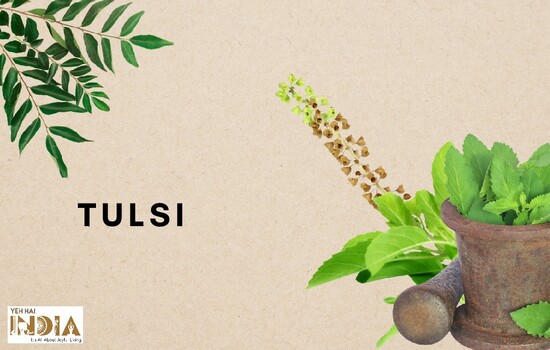
One of the most venerated herbs in the Ayurvedic pharmacopoeia is tulsi (Ocimum sanctum), often known as holy basil and tulasi.
This herb has long been revered because of its capacity to bring clarity and lightness to the body, mind, and spirit.
It is regarded as sacred in many cultures. Tulsi has a heating virya (energetic impact), a pungent rasa (taste), and a hot vipaka (vipaka) (post-digestive effect). It provides vata and kapha dosha balance.
7. Turmeric
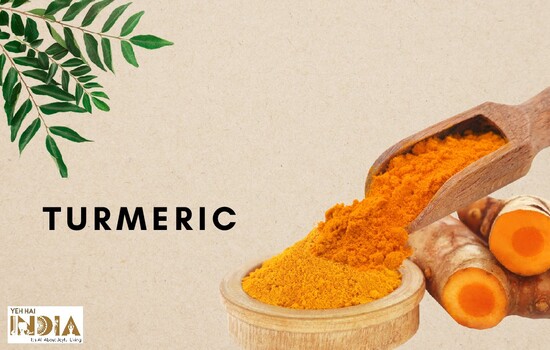
One of the most well-known, extensively studied, and frequently used Ayurvedic spices in the world is turmeric, or Curcuma longa.
This miraculous golden ingredient has several health benefits and is used topically for aesthetic treatments as well as in cookery.
There isn’t a single curry that is complete without the distinctive and mouth watering flavour of turmeric, and its potent root’s medicinal properties assist almost every function in the body.
And before wedding, every conventional Indian bride is covered in turmeric paste to provide a distinctive glow.
8. Shatavari
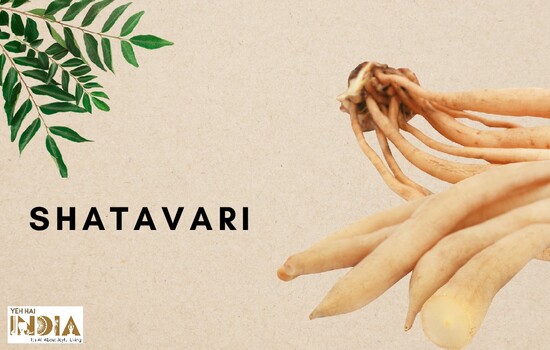
Since ancient times, Ayurveda has employed shatavari (Asparagus racemosus) to support the female reproductive system and the digestive system, particularly in cases of excess pitta.
Its name, which is occasionally written “shatawari,” translates as “having one hundred roots” and is also said to signify “having one hundred husbands.”
The term “Shatavari” refers to its ancient use as a revitalising tonic to support women as they gracefully move through different stages of life, including menopause and beyond. However, shatavari has advantages for people of all ages and genders.
9. Punarnava

Some consider the herb punarnava (Boerhaavia diffusa) to be a weed, however the Ayurvedic pharmacopoeia loves it for all of its therapeutic properties and applications.
Punarnava is a tridoshic herb that is known as one of the best for the kidneys and liver. It can balance the vata, pitta, and kapha doshas in particular.
It is also regarded as a rasayana in Ayurveda (rejuvenative). In fact, it refers to itself as “the one that renews the aging body” in reference to its profoundly rejuvenating qualities.
10. Moringa
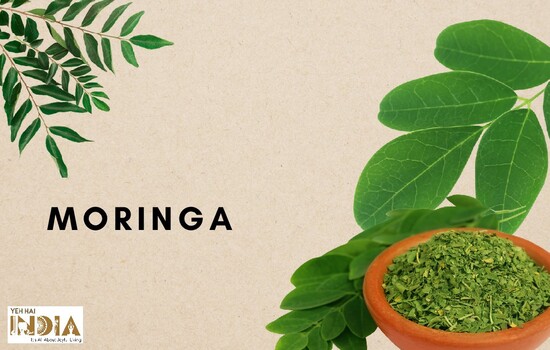
Moringa (Moringa oleifera) has been increasingly well-known recently as an energy supplement, but it offers a lot more health benefits than that.
As a superfood made from herbs, moringa is extremely nutrient-dense and promotes the body’s general health, immunity, and vigour.
Beyond encouraging natural beauty, mental clarity, and vivacious vitality, Moringa has many other advantages, many of which can be at least partially due to its outstanding nutritional profile.
Moringa, which is sometimes referred to as a “powerhouse” of vitamins, minerals, and nutrients, can be helpful for those who are malnourished.
11. Guduchi
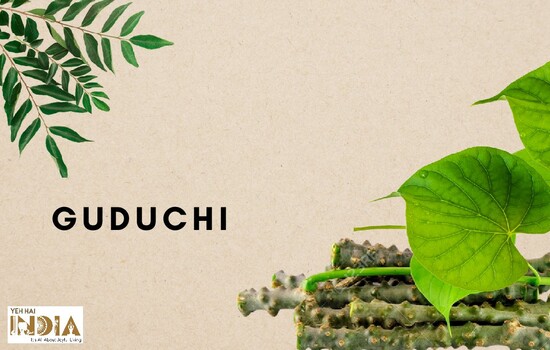
Guduchi, or Tinospora cordifolia, has a long history of being compared to the nectar of the gods because of its vast variety of health-promoting properties.
The term “Amrita,” which translates to “immortality,” was used in ancient Ayurvedic literature, indicating the high regard in which this herb is held as a fundamental component of the Ayurvedic pharmacopoeia.
Guduchi functions as a revitalising tonic that boosts immunity, encourages vigour, and supports lifespan.
It has been used to treat a wide range of medical ailments and affects numerous bodily organs and systems, which has given it the name “elixir of life.” In actuality, the word “guduchi” refers to a body-protecting.
12. Brahmi

One of the most popular ayurvedic mental rejuvenates is Brahmi/Gotu kola (Centella asiatica).
It has a particularly amazing and lengthy history of use for improving intelligence and mental acuity, and it also calms the nervous system, purifies the blood, and supports healthy skin and hair.
Brahmi/gotu kola is a tridoshic herb, according to Ayurveda, which means that it balances all three Ayurvedic doshas—vata, pitta, and kapha— it is particularly effective for pitta.
Though it might overly enhance vata, it can be especially beneficial for balancing mental or emotional issues that involve both pitta and vata.
Some of pitta’s subdoshas, such as bhrajaka pitta and sadhaka pitta, which are intimately tied to the intellect and intelligence, are also very directly affected by brahmi/gotu kola (located in the skin).
Moreover, the dhatus (layers of body tissue) mamsa (muscle), meda (adipose), asthi (bone), and majja dhatu are all affected by brahmi/gotu kola (nervous tissue).
Additionally, brahmi/gotu kola promotes a healthy appetite by gently igniting agni (the digestive fire) and enhancing general wellness.
Recommended Story – Top Ayurvedic Health Start Ups of India
13. Bacopa

Bacopa, also known as Bacopa monnieri, is a fantastic herb that promotes rejuvenation and has long been used to strengthen the brain and nervous system.
One of the two potent plants commonly referred to as brahmi, this little, creeping perennial plant has long been used to enhance memory, intelligence, and focus.
Bacopa, a nootropic, supports the physical health of the brain and neurological system in addition to fostering mental sharpness, alertness, and emotional composure.
14. Guggulu

Since Banyan typically sells herbs under their Sanskrit names, Guggul is offered as Guggulu. Guggul’s Sanskrit name, “Guggulu,” means “protects from disease”.
The colour and age of the gum play a role in determining the numerous guggul variations, each of which has a unique purpose. Guggul’s potency is reported to last for 20 years.
Although it is rarely consumed by itself, guggul is a crucial herb in the Ayurvedic tradition, and an entire class of medications has been developed around its use.
Many of these conventional Ayurvedic formulae, also referred to as guggulus compounds created from a base of pure guggul in a synergistic mix of other herbs are available from Banyan Botanicals.
15. Amla

Amla, commonly known as amalaki (Emblica officinalis), is a potent herbal adaptogen noted for its long range of health advantages and all-encompassing support.
It has been utilised for thousands of years in Ayurveda and other Asian therapeutic techniques because of its various advantages.
Amalaki is an effective ally for boosting the immune system, feeding the tissues, and gently eliminating toxins because it contains significant amounts of natural antioxidants and vitamin C.
But that’s only the start; this tiny green fruit’s miraculous healing abilities span the entire physiology, supporting the body from head to toe, gut to brain, skin to teeth to hair, and beyond!
16. Arjuna
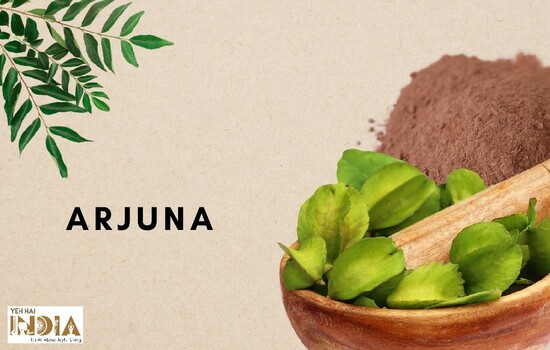
Arjuna (Terminalia arjuna) is one of the most important herbs for the heart according to Ayurveda.
This rose-colored tree bark is known to nourish and uplift the energetic and emotional aspects of the heart, supporting an inner sense of courage, resiliency, and love. It is also known to strengthen and tone the physical muscle of the heart.
According to Ayurveda, maintaining a healthy heart depends not just on physiology but also on cultivating a positive mental, emotional, and spiritual state of being.
In all of these areas, herbal allies can provide strong assistance, and Arjuna can be the herbal hero of the heart.
17. Boswellia
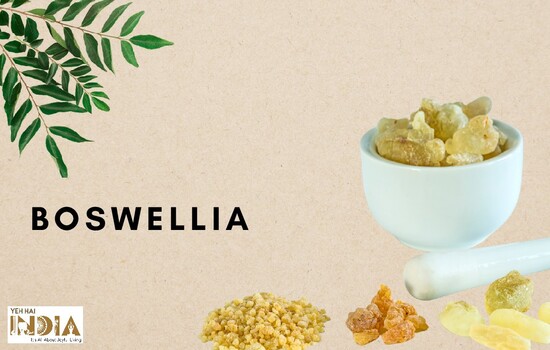
In many religious rites in India and other parts of the world, boswellia (Boswellia serrata), a herbal resin derived from the gum of the boswellia tree, plays an important role.
It is mainly used as a rejuvenating herb as per ancient ayurvedic scriptures that regard this herb to be one of the oldest and most widely used herb. It offers relief from joint problems and promote better mental functioning.
It is also known as Indian frankincense, olibanum, and salai guggul.
18. Mucuna
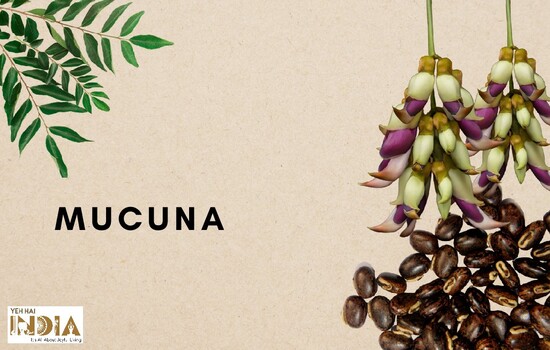
Mucuna pruriens, also known as kapikacchu in Sanskrit, is a nutritive tonic and adaptogen that is frequently used to enhance healthy sexual energy, nourish the nerve system, and strengthen and tone the reproductive organs.
Levodopa (L-dopa), an important precursor of the neurotransmitter dopamine, is also naturally found in this lovely plant with its velvety seed pods.
This characteristic makes it highly regarded for its capacity to improve emotional well-being and elevate one’s mood.
19. Shilajit
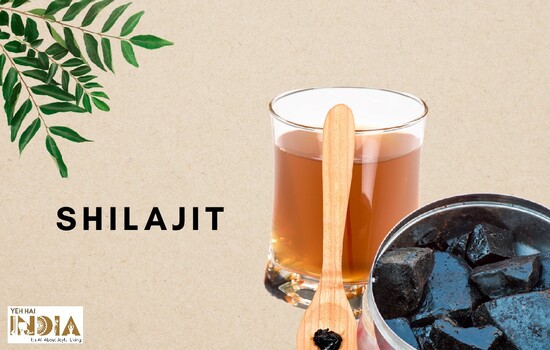
Shilajit, which is pronounced “sheel-a-jeet,” is a mineral fluid that, in the sweltering summer months, seeps from the rocks of high mountainous places.
Shilajit has been utilised as a health-promoting ally all over the world for more than 3,000 years and is even thought of by some as a panacea, which may surprise you given that it is a sticky, black excrement from rocks.
It is particularly renowned for the potent revitalising effects it has on the body, which, among many other amazing advantages, support healthy ageing and the immune system.
20. Sesame Oil
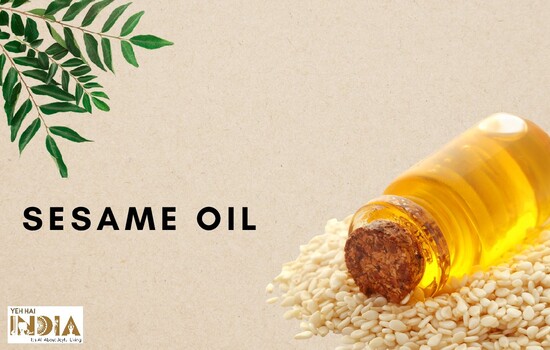
One of the most well-known and frequently used Ayurvedic agents in history for general health and wellness is sesame oil.
Sesame oil has long been prized by long-lived cultures from India to the Mediterranean, and the nutrient-dense sesame seed (Sesamum indicum) is regarded in folklore as a sign of wealth and well-being.
Its advantages and adaptability have given it the moniker “the king of oils” in Ayurveda.
Sesame oil is praised for its health advantages in several Ayurvedic regimens, particularly when used in abhyanga (self-massage).
Conclusion:
To feel your best during these difficult times, finding harmony is more crucial than ever.
It’s best to pay close attention to your body right now to learn what it needs to be in the best state of health.
You may preserve internal stability and have a healthier, happier life by discovering your Dosha and knowing which medicines can balance it.w
With these Ayurvedic herbs, you can ensure a healthy future without any kind of side effects.
Also Read – Ananta Hemp Works: An Ayurvedic Health & Beauty Brand










